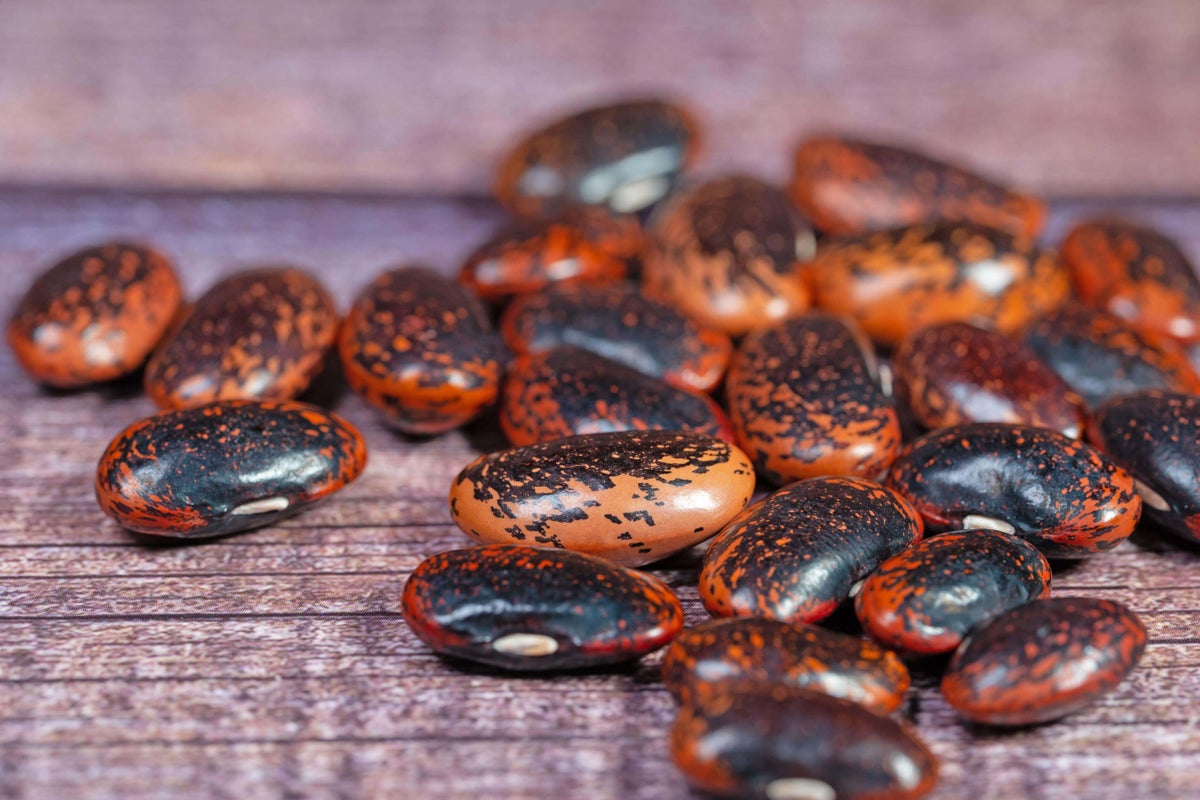
Support truly
independent journalism
A £38 million “virtual” centre that will study whether alternative protein sources such as lab-grown meat, plant proteins and insects could become part of the UK diet is due to be launched in the UK.
The National Alternative Protein Innovation Centre (Napic), headed up by the University of Leeds, will explore whether cultured meat or proteins derived from plants, fungi, algae, insects and microbes can be healthy as well as sustainable.
As well as academics, more than 120 organisations are involved, including small and large businesses, farmers, regulators and councils, according to Professor Anwesha Sarkar, project leader for Napic and director of research and innovation at Leeds’ School of Food Science and Nutrition.
She said: “Our ambition is to create this massive innovation ecosystem with 350-plus partners so that it can drive the UK to become the global superpower in alternative proteins.”
Our ambition is to create this massive innovation ecosystem with 350-plus partners so that it can drive the UK to become the global superpower in alternative proteins— Professor Anwesha Sarkar, University of Leeds
It is estimated animal agriculture produces up to a fifth of greenhouse gas emissions. Meanwhile, figures suggest more than 90 per cent of people in the UK are not getting enough fibre – a carbohydrate found naturally in plants.
Researchers said their aim is to create an innovation centre that can secure “a continuous supply of safe, tasty, affordable and healthy proteins which also support net zero goals and futureproof the UK’s food and animal feed security”.
Professor Guy Poppy, deputy executive chairman of the Biological Sciences Research Council (BBSRC) and food sector champion for UK Research and Innovation (UKRI), said the “food we currently eat and the way we produce it is doing terrible damage to our planet and health”.
He said the Napic investment will help position the UK “as a leader in the global alternative proteins market, ready to meet both current and future challenges”.
Dr Rob Hancock, deputy director of the Advanced Plant Growth Centre at the James Hutton Institute in Scotland, said the UK currently imports more than £15 billion worth of protein products, including meat, dairy, eggs and seafood, as well as £3 billion worth of animal feed.
He said: “We need to shift to a system where we are able to produce more of those protein products within the United Kingdom… in a way that is more environmentally friendly.”
The food we currently eat and the way we produce it is doing terrible damage to our planet and health— Professor Guy Poppy, Biological Sciences Research Council
Dr Hancock said around 75 per cent of human food comes from only 12 plant species but “there are about 14,000 plant species which are edible and available to be exploited”.
Professor Louise Dye, co-director of the Institute of Sustainable Food at the University of Sheffield, said at present only about 9 per cent of the protein purchased in supermarkets comes from alternative proteins, such as soy and peas, highlighting the importance of taking “the consumer with us on this journey”.
She said: “Food habits are acquired mainly in childhood, and they track into our adult life.
“That determines a lot of the foods that we like, dislike or have cravings for.
We need to help consumers transition to healthier diets (with) sustainable alternative protein sources— Professor Louise Dye, Institute of Sustainable Food
“If we are changing these entrenched preferences that is difficult, so we need to help consumers transition to healthier diets (with) sustainable alternative protein sources, and that will require us understanding their current consumption patterns.
“We can use nudging and other techniques to shift consumer choices, and those have been shown to be effective, but we need to think about replacing traditional, well-liked meals with alternative proteins as the main protein source.”
Napic, which received £15 million in funding from the UKRI, is a collaboration between researchers at the University of Leeds, the James Hutton Institute, Imperial College London and the University of Sheffield.
The centre, which will run for five years, is also expected to receive £23 million from stakeholders including small and large businesses and other academic partners.







